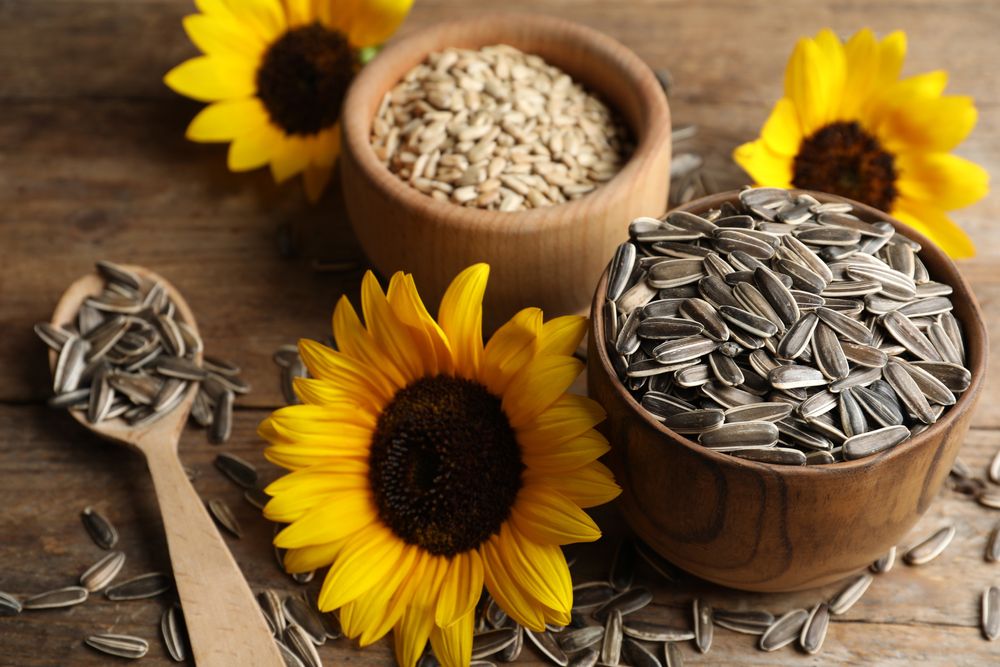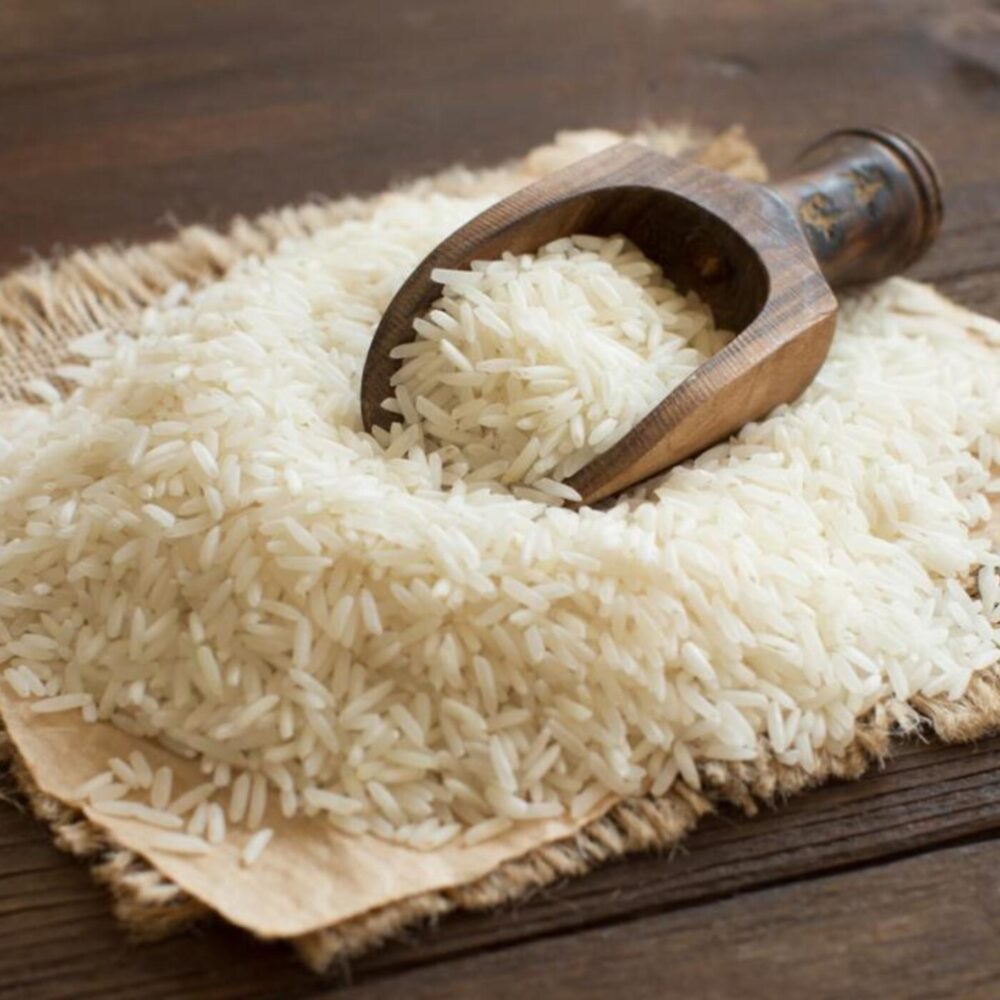Sunflower seeds that we eat while watching movies and football have benefits and harms. Sunflower seeds contain a large number of vitamins and minerals .
that help maintain the optimal functioning of your body tractor supply sunflower seed can be put in a fist or pocket and used everywhere as a supplement to meals.
They can be eaten alone or sprinkled on salads and breakfast cereals. In this article, we want to examine the properties of sunflower seeds and the health risks of consuming too much of them. Stay with us.
Sunflower seeds are one of the good sources of vitamin E. By eating every 28 grams of sunflower seeds, you can provide 76% of the recommended vitamin E.
This vitamin is an antioxidant that helps protect cells from damage caused by free radicals. According to the Maryland Medical Center, people who consume more vitamin.
E have a lower risk of heart disease. This vitamin is also useful for eye health and protects them from macular degeneration.

Selenium is a mineral that, along with vitamin E, acts as an antioxidant to protect cells from damage. The National Sunflower Seed Association says that .
28 grams of sunflower seeds contain approximately 24 percent of the recommended amount of selenium for men and 31 percent for women.
Be sure to read: What is the best diet for the heart?
Good fats and protein
Properties of sunflower seeds for the heart
Sunflower seeds contain monounsaturated fats and polyunsaturated fats; Since these increase high-density lipoprotein or good cholesterol and at the same time decrease harmful.
and bad cholesterol, they are called good fats. Almost 90% of the fats in sunflower seeds are unsaturated or healthy fats. Also, seeds contain protein that helps.
build and strengthen muscles and body tissues. 28 grams of sunflower seeds contain 12% of the recommended amount of protein.
folic acid
Folic acid is a B vitamin that occurs naturally in food. This vitamin builds new DNA and RNA cells and can prevent cancer-causing changes in DNA.
The presence of folic acid is also necessary to make red blood cells in the body and to keep homocysteine, which is a type of amino acid, in a normal state.
Folic acid is also necessary for women who are pregnant and helps the growth and development of the fetus. 28 grams of sunflower seeds contain 17% of folic acid needed by the body.


